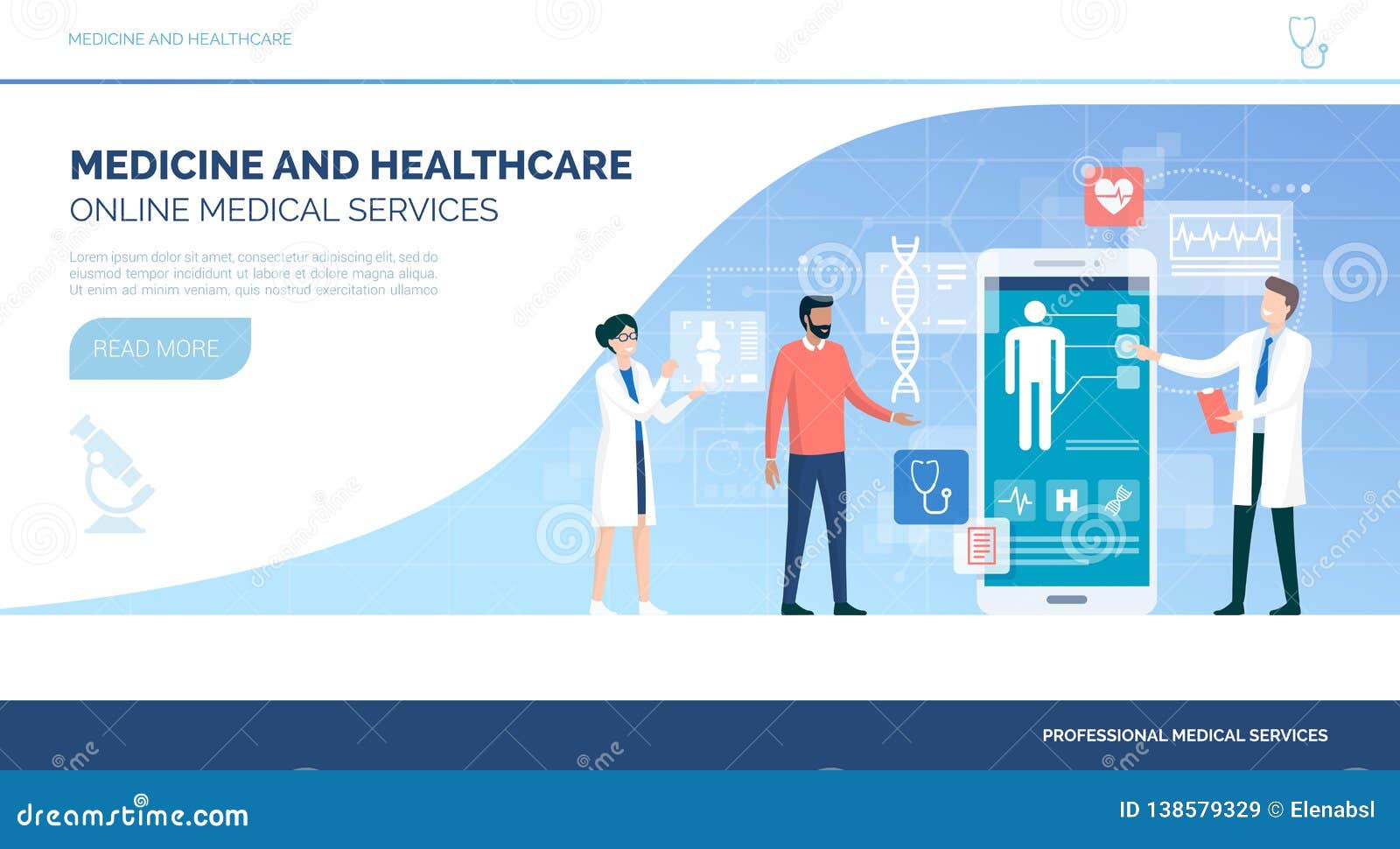Discover the Benefits of Subscription Based Healthcare for Affordable Medical Care
Discover the Benefits of Subscription Based Healthcare for Affordable Medical Care
Blog Article
Comprehending the Cost-Effectiveness of Subscription-Based Health Care Designs
As the health care landscape develops, subscription-based versions emerge as a compelling alternative, guaranteeing to redefine how individuals take care of clinical costs. Assessing these designs' cost-effectiveness demands a nuanced comparison with typical insurance, taking into consideration both financial effects and individual fulfillment. While they use openness and predictability in expenses, questions remain about their capability to satisfy varied healthcare requirements, particularly for specialized therapies. The viewpoints of health care service providers better complicate this equation, offering a complex difficulty. What does the future hold for these designs, and can they truly provide on their pledge of accessible, economical care?
Introduction of Subscription-Based Models
Subscription-based healthcare models, sometimes referred to as straight medical care or concierge medicine, are progressively gaining focus as a possible option to ineffectiveness within standard medical care systems. These designs operate the concept of offering people direct access to doctor with a month-to-month or yearly charge, bypassing the need for standard insurance devices. This arrangement aims to improve patient-provider communications by lowering administrative worries, which commonly impede prompt and personalized care.
At the core of subscription-based designs is the focus on a much more customized client experience. People take advantage of enhanced access to their doctors, commonly including next-day or same-day consultations, extended appointment times, and direct communication channels such as phone or video phone calls. This design fosters an aggressive strategy to healthcare, where clients and carriers can collaboratively concentrate on preventative treatment and persistent illness administration.

Cost Contrast With Conventional Insurance Coverage

One of the main monetary advantages of membership models is openness in costs. Alternatively, standard insurance policy may be much more advantageous for individuals needing specialized care or costly treatments not covered under a registration version, as they profit from the wider coverage network and cost-sharing mechanisms.
Nevertheless, cost-effectiveness is context-dependent. While registration models could offer cost savings for those largely needing medical care, individuals with persistent problems or specialized medical care requirements might locate typical insurance policy a lot more comprehensive. Examining particular healthcare requirements and potential usage is important in establishing the most cost-efficient choice for individuals.
Effect on Patient Fulfillment
Patient satisfaction within subscription-based medical care versions typically reflects a substantial improvement over typical insurance coverage systems. Unlike typical systems, where clients might experience hold-ups in receiving treatment, subscription-based designs ensure even more direct and prompt communications with health care service providers.
In addition, the openness in costs connected with subscription-based medical care alleviates the usual aggravations connected to unexpected charges and complex invoicing procedures seen in traditional insurance coverage (subscription based healthcare). People value knowing the exact financial dedication upfront, causing increased count on and confidence in their health care administration
In addition, the focus on preventive care and health in registration models adds to enhanced health results, even more enhancing patient satisfaction. By concentrating on recurring health care rather than anecdotal treatment, people experience an even more constant and all natural health care trip.
Moreover, the improved provider-patient relationship cultivated in these designs, characterized by more time invested per individual and individualized attention, plays an important role in boosting client complete satisfaction degrees, as individuals feel genuinely looked after and understood.
copyright Perspectives and Experiences
From the provider's perspective, subscription-based health care versions offer a transformative technique to index delivering medical solutions. These designs highlight a proactive and preventative health care approach, permitting companies to concentrate on detailed person care without the constraints of conventional fee-for-service plans (subscription based healthcare). This change in emphasis often results in boosted individual outcomes and boosted service provider complete satisfaction, you could try these out as medical care specialists can designate even more time and sources to person engagement and customized care strategies
Moreover, subscription versions promote foreseeable profits streams, which improve monetary stability for healthcare companies. This predictability enables for improved resource planning and allotment, adding to a much more efficient healthcare distribution system. Carriers can buy team training, modern technology, and facilities renovations, consequently enhancing the high quality of care offered.
Nonetheless, the shift to subscription-based designs is not without difficulties. Despite these hurdles, many carriers discover that the advantages of increased person interaction and structured operations outweigh the preliminary challenges, making subscription-based models an eye-catching option.
Future Potential Customers and Difficulties
A main difficulty is regulative conformity, as membership designs need to stick to advancing medical care policies and insurance policy demands. This requires continual adaptation and development to make certain alignment with lawful requirements. Additionally, integrating these versions right into existing health care infrastructures can be complex, requiring substantial financial investments in modern technology and training.
There is likewise the possible threat of creating injustices in health care gain access to, as membership versions may favor those who can manage them, leaving susceptible populaces underserved. Addressing this needs thoughtful factor to this page consider of prices methods and aid systems to make sure inclusivity.
Final Thought
Subscription-based health care models offer a practical choice to conventional insurance policy by providing economic predictability and transparency, especially profiting individuals with chronic problems or constant health care demands. The cost-effectiveness of these models is contingent upon individual healthcare usage patterns and situations. While they might enhance patient satisfaction and simplify budgeting, difficulties remain in resolving specialized care requirements. Future considerations include balancing extensive coverage with affordability and incorporating these models within the more comprehensive medical care system for optimum results.
Subscription-based medical care models, in some cases referred to as straight key care or concierge medicine, are increasingly getting interest as a potential remedy to ineffectiveness within conventional medical care systems. Unlike standard systems, where patients could experience hold-ups in obtaining treatment, subscription-based models ensure more timely and direct interactions with health care companies.
These models stress a proactive and preventative medical care technique, permitting service providers to concentrate on comprehensive person care without the restraints of conventional fee-for-service plans. As these designs proceed to acquire traction, they offer the prospective to change person accessibility to care, enhance service delivery, and maximize health care investing.Subscription-based healthcare versions provide a feasible choice to typical insurance by offering monetary predictability and openness, specifically profiting individuals with persistent conditions or frequent medical care demands.
Report this page